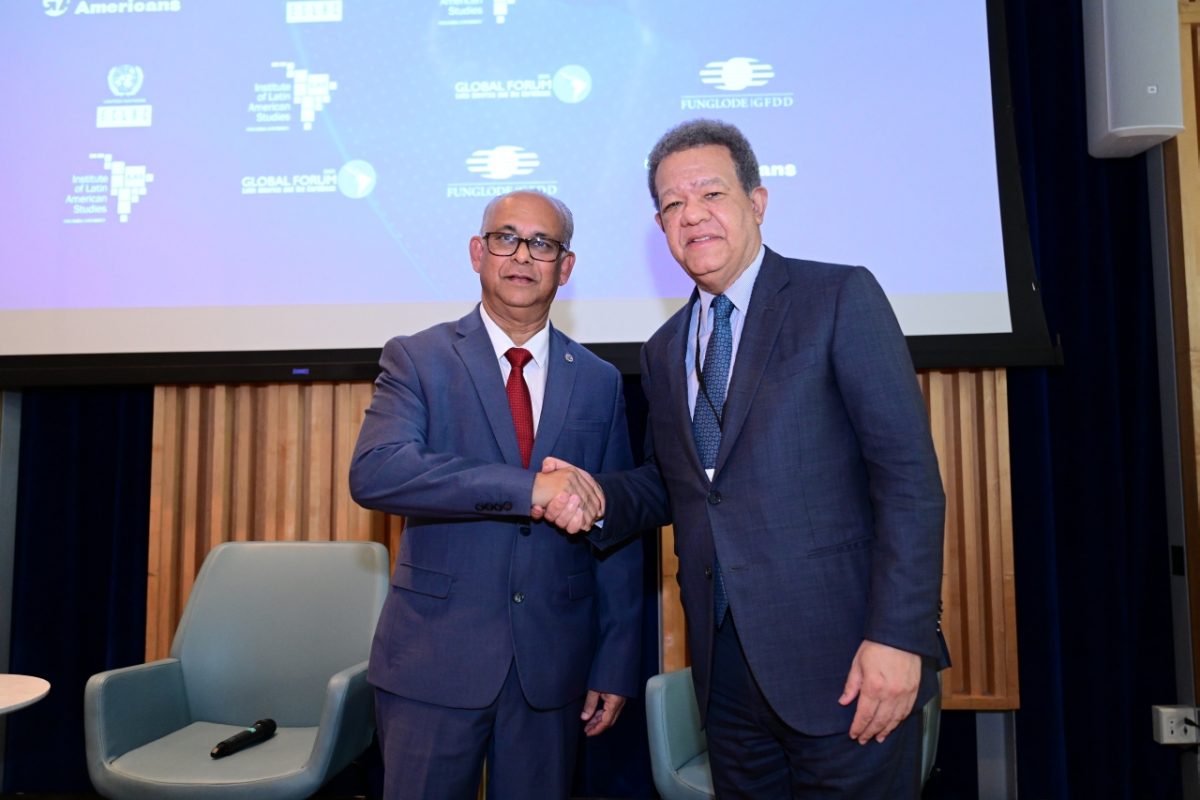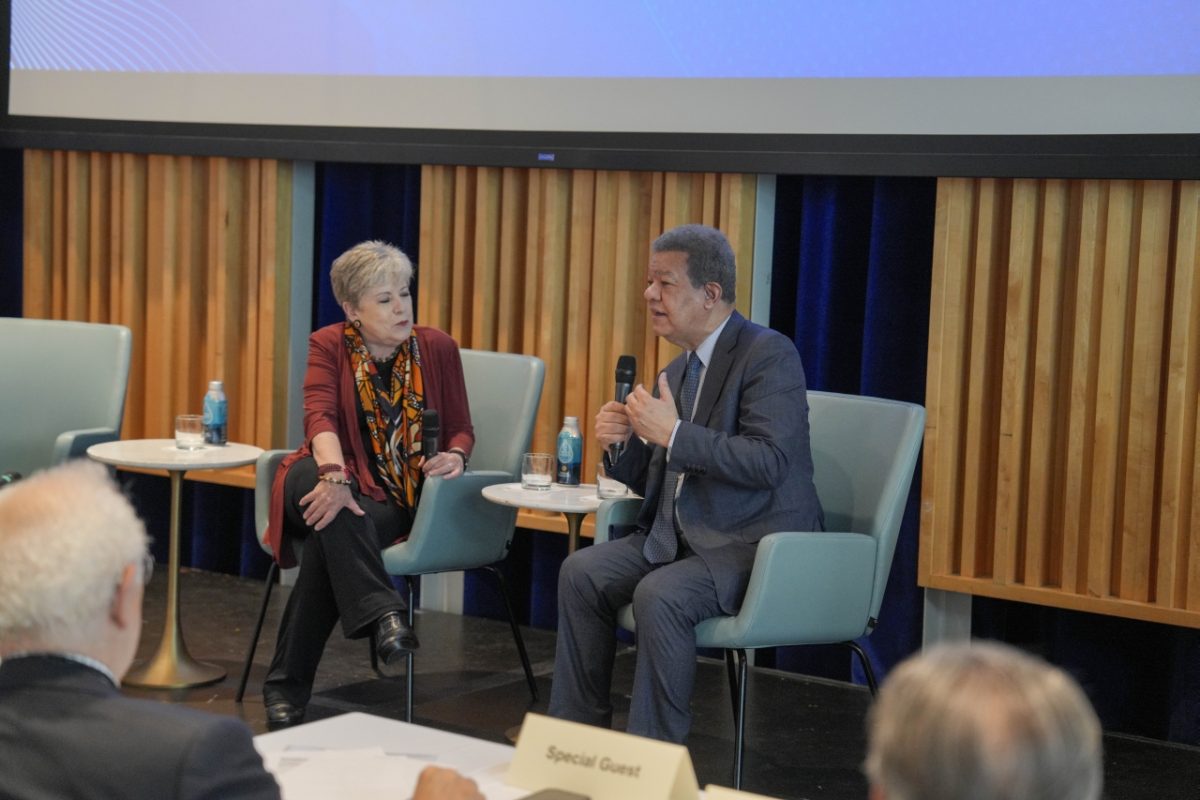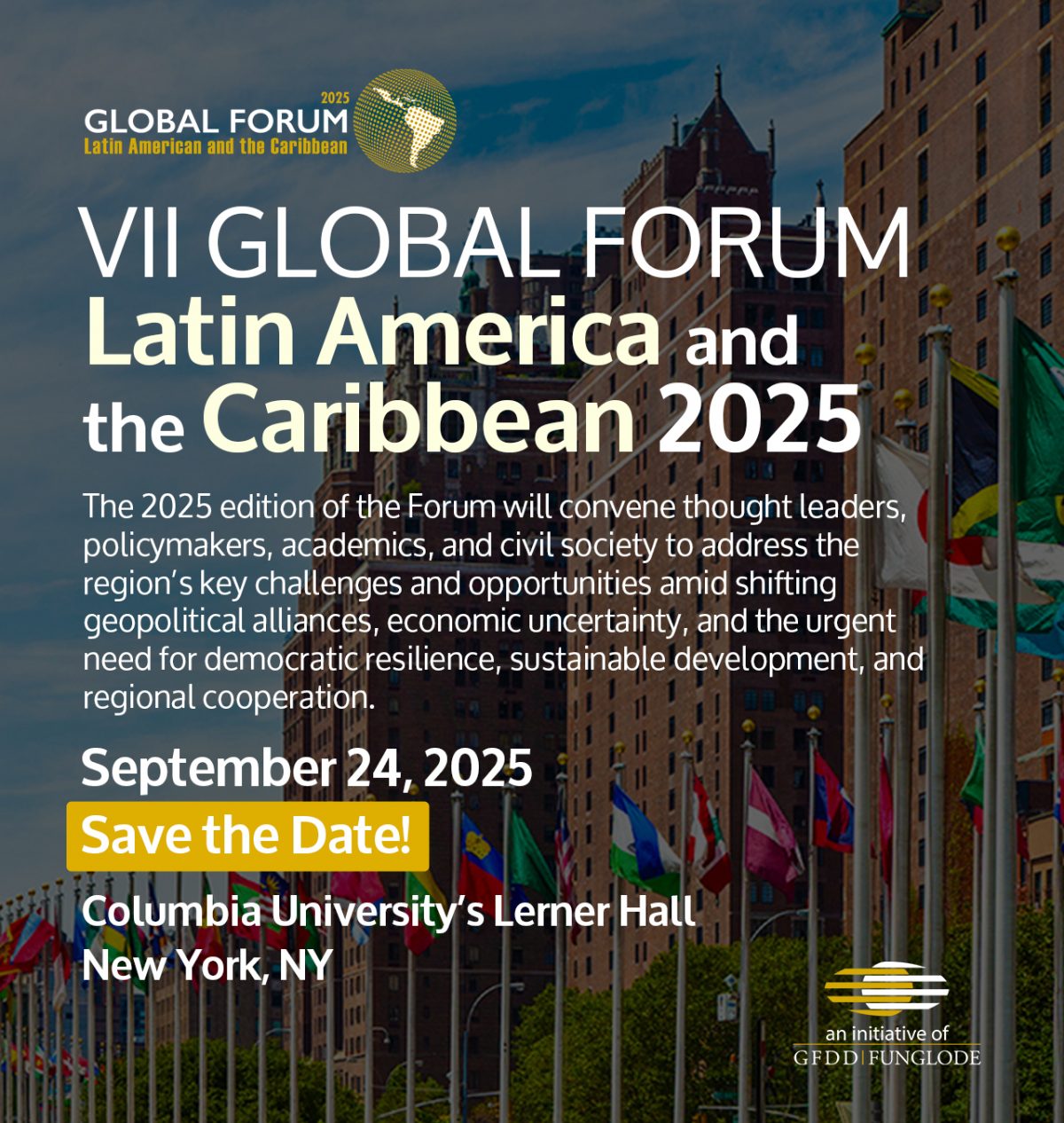Albert Ramdin, Secretary General of the Organization of American States, warned of the political challenges facing Latin America and the Caribbean today, such as nationalism and democratic instability. He emphasized the importance of the emergency of new leaders who can promote unity and dialogue. He also highlighted the education of young leaders as the region faces current challenges.
New York, September 24, 2025 – The Secretary General of the Organization of American States (OAS), Albert Ramdin, warned of the political and democratic challenges facing Latin America and the Caribbean today, during remarks delivered at the opening of the VII Global Forum “Latin America and the Caribbean 2025.”
Ramdin noted that the region is experiencing a period of uncertainty, marked by changes in leadership, the weakening of multilateralism, and a loss of confidence in institutions. In this context, he highlighted the importance of the new leaderships that will emerge from the 2025-2026 electoral cycle — which includes elections in 18 of the 32 OAS-member countries— and who will be able to promote unity, dialogue, and mutual respect.
The Secretary General also warned of the risks of nationalism, public debt, extreme poverty, and organized crime. These factors, combined with the erosion of trust in regional organizations, jeopardize democratic stability. He recalled that in the last decade two countries have left the OAS, which he described as “the worst situation a global or regional organization can face.”
At the same time, Ramdin called for recognition of the growth potential of Latin America and the Caribbean, although he warned that the region maintains “a limited footprint on the global stage.” He also emphasized the need to revitalize the Inter-American system by working with organizations such as the Inter-American Development Bank (IDB), the Pan American Health Organization (PAHO), and the Inter-American Institute for Cooperation on Agriculture (IICA), which, he stated, are currently working on their own.
In his conclusion, he emphasized that education will be key to preparing young leaders who will take on leading decision-making roles in the next decade, addressing challenges such as artificial intelligence, cybersecurity, and sustainable development.
With these reflections, Ramdin reinforced the spirit of the VII Global Forum on “Latin America and the Caribbean 2025,” conceived as a space for dialogue and to offer collective responses to the region’s major challenges in a fast-changing world.



